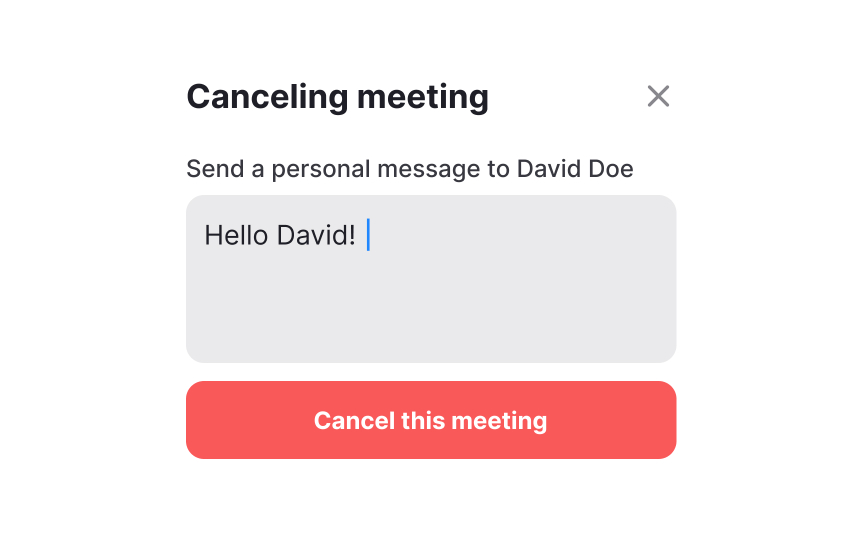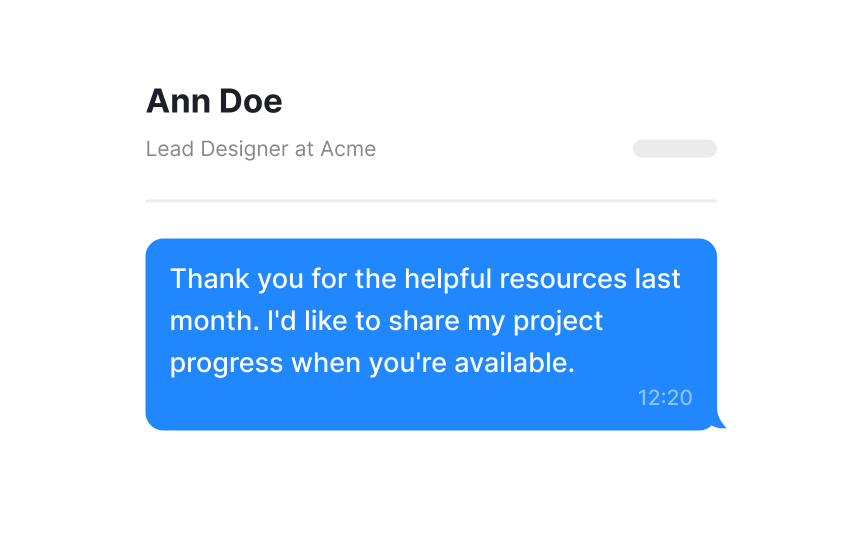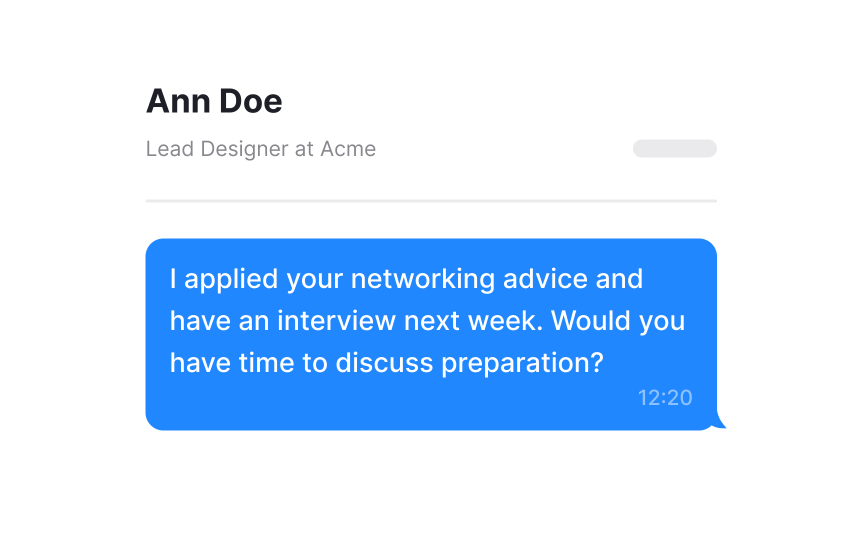How to Make the Best Out of Mentorship
Maximize your mentorship experience by learning how to leverage this invaluable opportunity for personal and career advancement
Maintaining a good relationship with your mentor is key to success. A mentee can only build better networking, communication, and practical skills when mentorship is based on trust, respect, and shared values.
The best mentorships work like partnerships where both people benefit, not like a boss giving orders to an employee. For example, in effective mentorships, mentees feel comfortable asking questions without fear of judgment, and mentors feel respected when their advice is considered thoughtfully, even if not always followed. When you respect each other and communicate openly, you create the right space for sharing ideas, giving helpful feedback, and supporting each other's growth.
Setting clear goals is key for effective
Good mentorship goals should be SMART:
- Specific enough to guide your learning
- Measurable so that you can track progress
- Achievable within your timeframe
- Relevant to your career goals
- Time-bound with clear deadlines
For example, instead of a vague goal like "improve my programming skills," a better goal would be "build a working web application using React within 3 months."
Just as important is knowing why you've chosen your particular mentor. The best mentorship matches connect your goals with your mentor's strengths and experience.
Ask yourself:
- Does this mentor have expertise in areas you need to develop?
- Have they faced similar career challenges?
- Do their work style and values match what you're aiming for?
Traditionally,
Schedule meetings in advance so that both of you are on the same page about time. Of course, unexpected things may come up, but try to avoid any last-minute cancellations. Ideally, notify mentors at least a few hours before the meeting if you need to reschedule the session.
To make the most of your time spent in discussion, come to each meeting prepared with questions and goals. If you receive advice, put it into practice and share your ups and downs. Meetings are your best chance to get insights into challenging topics. You certainly can ask these questions over a social media app or messenger, but you won't receive instant or detailed replies.
Keeping in touch with a mentor is your responsibility since it is a relationship born out of your initiation. Don't expect mentors to be in charge of your regular communication since they may be busy. Find time to send a thank you message after every session, state your interest in having more sessions, or simply share your insights after the session.
You can also message them a week later and describe your impressions of a book, article, online course, or resource your mentor recommended. If needed, you can suggest scheduling a meeting to discuss the topic in more detail.
Also, don't forget to share your wins! For example, if you followed a mentor's recommendation on conducting a user interview, tell them how it went and what revelations you received. Share your misfortunes too. Learning includes sharing both successes and failures.
Trust and confidentiality are the foundation of good
For mentors:
- Keep all discussions about a mentee's challenges and weaknesses private
- Create a space where mentees feel safe sharing their skill gaps without judgment
- Never use a mentee's work as a bad example when teaching others
- Give feedback privately and respectfully
For mentees:
- Understand that mentors may share work examples but not company secrets
- Keep personal advice and insights from your mentor confidential
- Remember that breaking trust can damage both your mentorship and reputation
- Ask questions if you're unsure what information you can share with others
Being a good conversationalist takes two skills: asking the right questions and actively listening. The quality of mentor-mentee conversations impacts the mentee's progress and development. Here are some tips on how to make them productive:
- Create a talk flow. Agree with a mentor to discuss what actions you have taken since your last meeting, what worked, what didn't work, what steps you could try next, and what your next objectives should be.
- Involve action. Having a conversation without taking action doesn't bring any results. Always define how you can apply new behaviors or techniques in practice.
- Don't be afraid to ask questions. Prepare a list of questions before the meeting. It'll help you stay on track and ask about things relevant to your goal.
- Create a comfortable environment. A quiet and private space is key to having a deep and honest conversation. If you have an online meeting, make sure your mentor can see and hear you well and check that your microphone and earphones work correctly.
Like in any relationship, you should understand how committed you and your mentor are to the
Here are some helpful things to discuss with your mentor to establish a mutual level of commitment:
- Their availability for being contacted over messaging, email, or calls
- The rules for rescheduling meetings
- Personal topics that shouldn't be touched
- Your openness to constructive criticism
- If you're both okay with communicating on a first-name basis
- Plagiarism
- The duration of the collaboration
Mentors who devote a lot of time and effort to their mentees expect them to do the same. It's not as intense as college, but you should be prepared to break a sweat.
Top contributors
Topics
From Course
Share
Similar lessons

Share & Collaborate on Figma

Mentorship Program
























